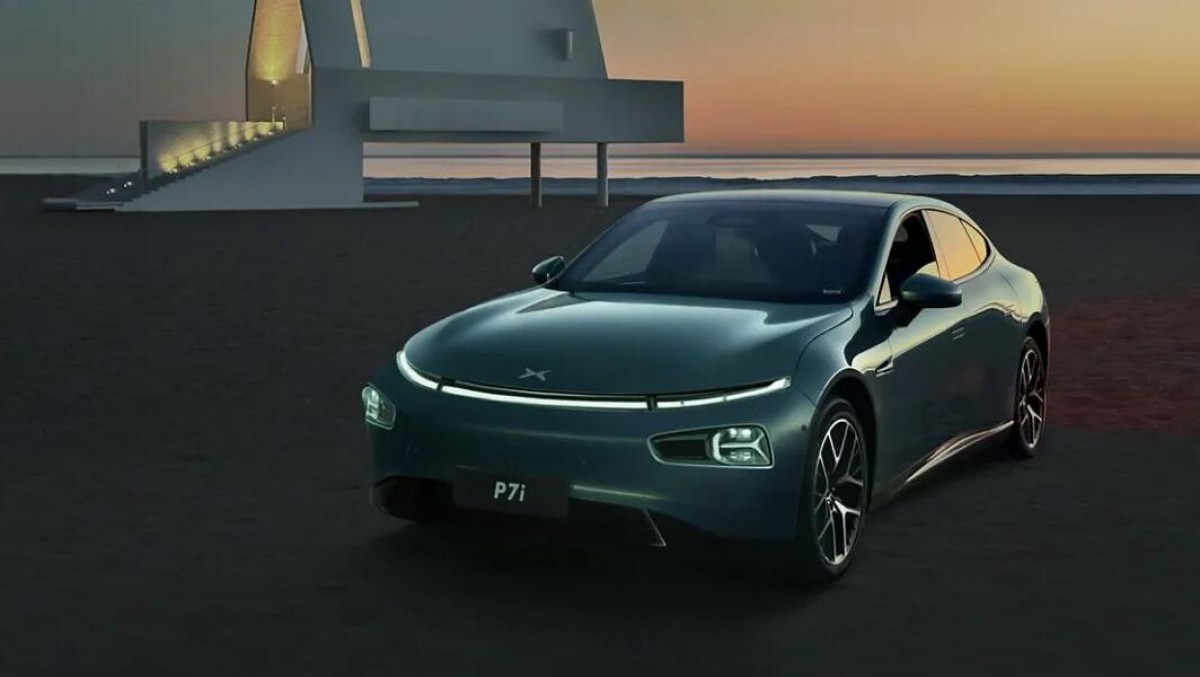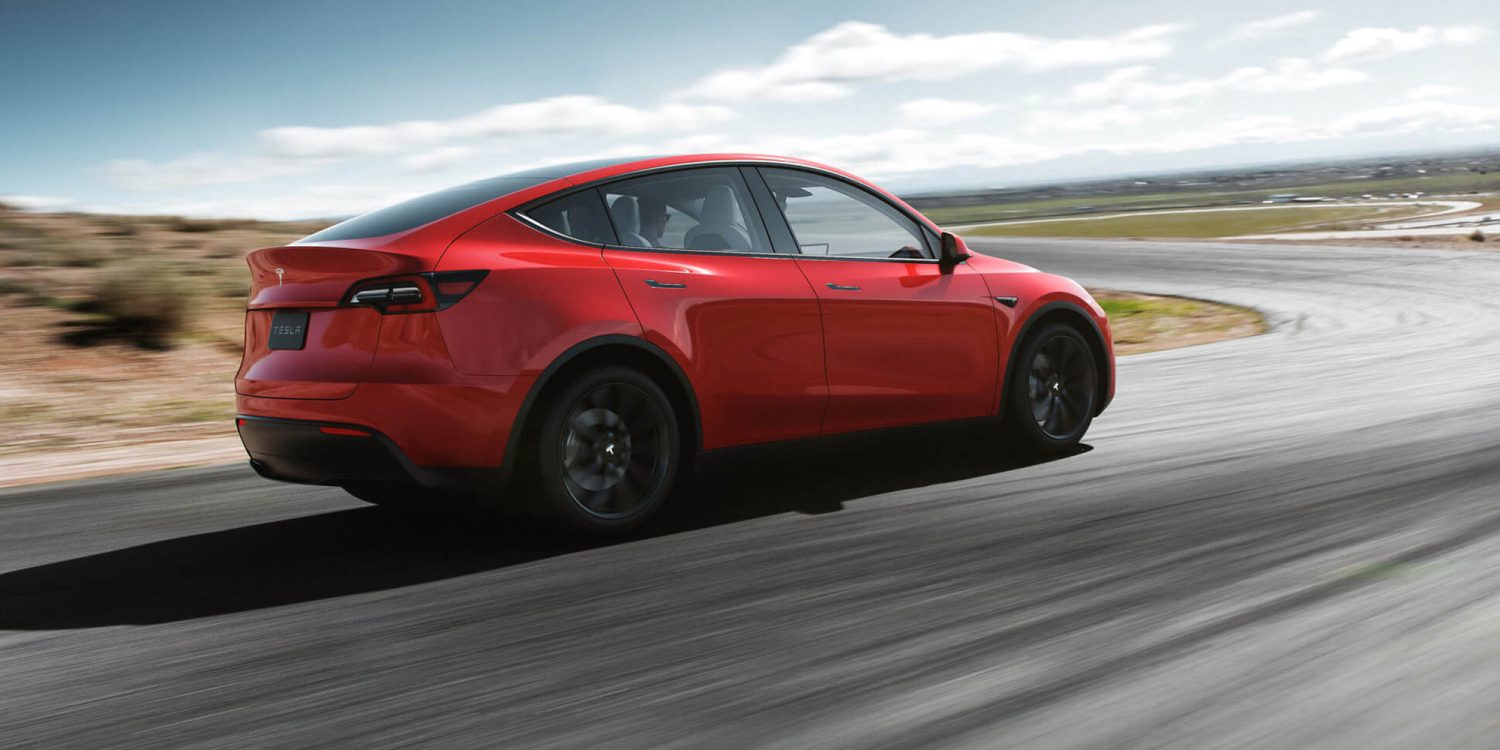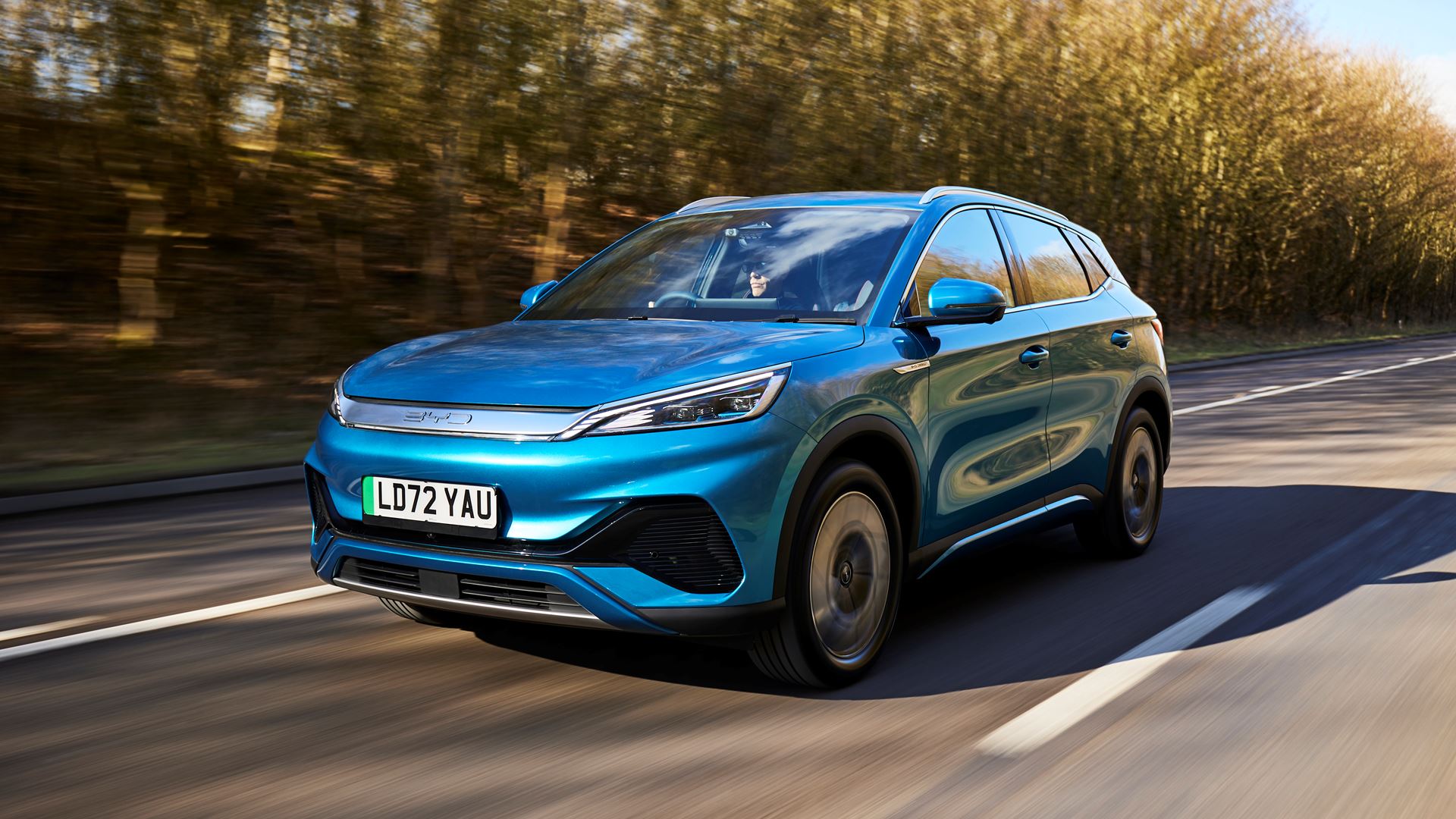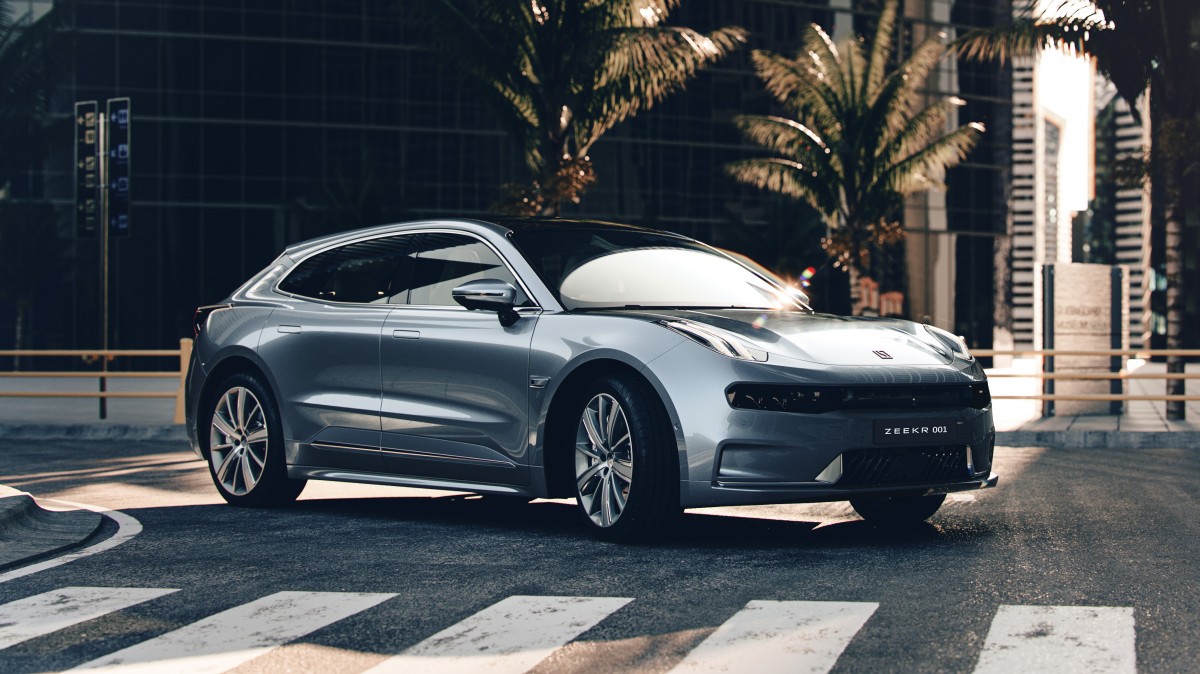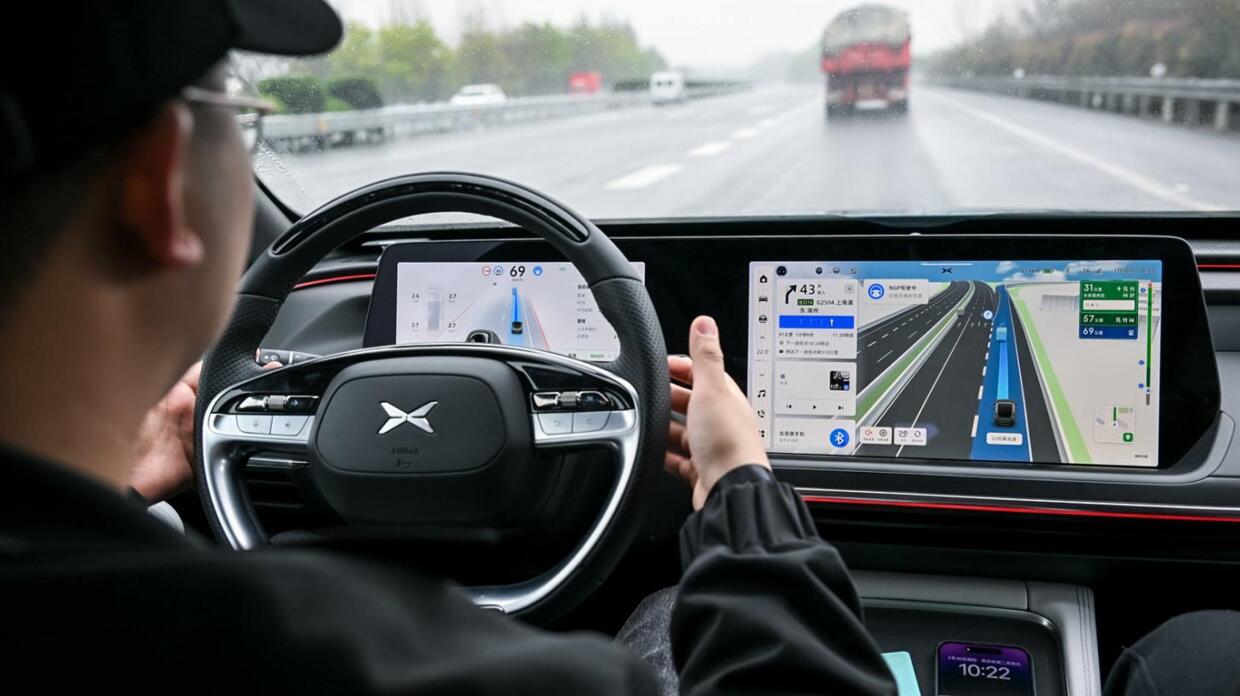Chinese electric vehicle (EV) maker Xpeng delivered over 120,000 vehicles in 2022, marking a 23% increase from the previous year. However, despite higher sales, the company reported a net loss of 9.14 billion yuan ($1.25 billion) – nearly double that of the previous year.
In its annual report, Xpeng revealed that its sales for the year reached 26.86 billion yuan ($3.67 billion), up 28% from the previous year. However, its gross margin for the year slipped to 11.5%, down one percentage point from 2021.
See also: XPeng officially launches G9 electric SUV with range of up to 436 miles
The company experienced a weak second half of the year, with sales dropping by 47% compared to the same period in 2021. Xpeng confirmed 22,204 deliveries for Q4, just above its previously stated fear of only completing 20,000 to 21,000 vehicle sales. The company’s Q4 gross margin also slipped 3.3%.
Xpeng’s CEO, He Xiaopeng, stated that the company has reviewed its strategy and taken decisive actions to execute organizational restructuring and strengthen capabilities where necessary. He expressed confidence that the company will strengthen its leadership in smart EV technologies as the industry moves towards an era of accelerated disruption by smart technologies.
In Q1 2023, Xpeng expects to sell between 18,000 to 19,000 vehicles, driven by its revamped P7i electric sedan. The manufacturer estimates that March results will see between 6,800 to 7,800 deliveries, with Q1 sales projected to drop to 4.0 to 4.2 billion yuan ($548.6 million to $576.1 million), down by around 45% compared to the same period last year.
See also: Xpeng Drops Lidar from European Launch of G9 SUV to Focus on Competitive Pricing
The success of the P7i will be crucial for Xpeng, as the previous P7 model accounted for nearly half of the company’s annual sales in 2022. While Xpeng faces challenging times ahead, its continued investment in EV technology and innovation positions it well for future growth in the smart EV market.

